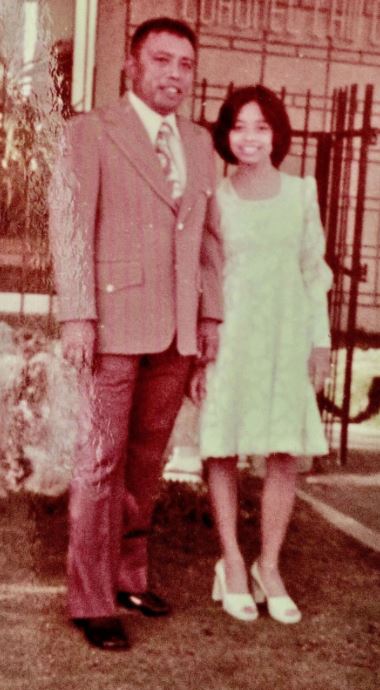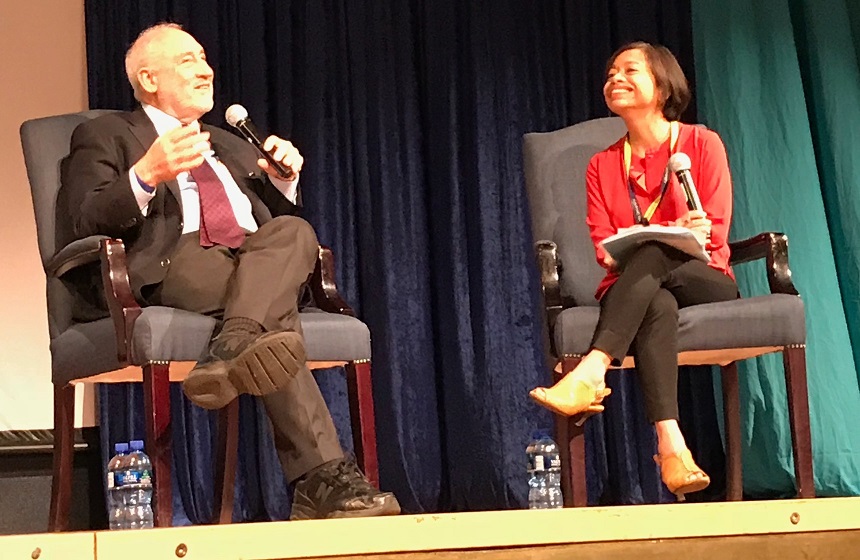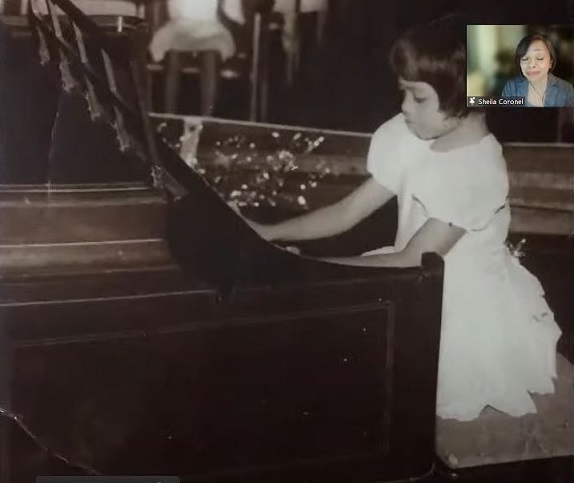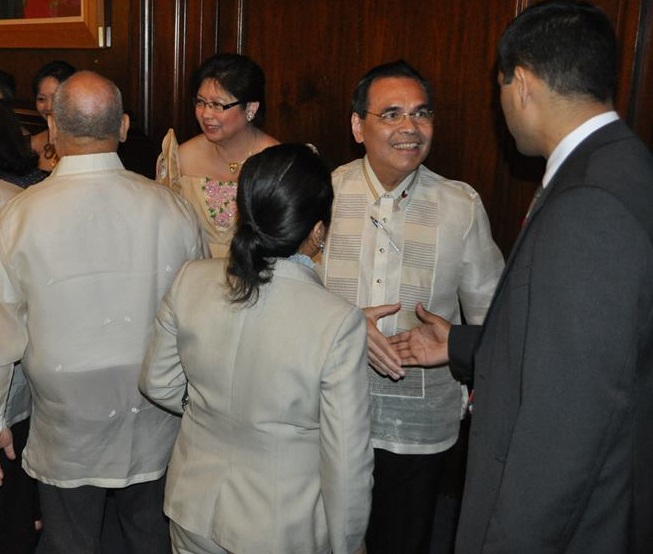The political is personal

By Joel David
One curious development, still within the first quarter of the third year of a history-changing global pandemic, is that the audiovisual material which most Filipino netizens are burring over at the moment is expectedly streaming, but it’s neither a film nor a TV series. It’s the latest installment of the decade-plus Adrian E. Cristobal Lecture Series, sponsored by the Writers Union of the Philippines. Titled “Marcos and Memory: The Past in Our Future,” the material promised topical urgency in the wake of the so-far certain possibility of the Marcos family recapturing the seat of power that their patriarch, Ferdinand Sr., occupied for over two decades and refused to let go until he was expelled by a popular uprising.
The Marcos strategy – proffering the only son instead of his smarter sisters – resonates with the Catholicized culture’s belief in a messiah sent by a stern father to point the way to salvation; it also dodges the gender association with the still-alive and possibly already-daft Imelda, notorious during her heyday for her tackily excessive shopping sprees and hatred of anything that reminded her of how dirt-poor she used to be. This is enhanced by the likelihood that the sisters may be in charge of their father’s plundered billions, with Imee exposed when her grandchildren’s names were listed as beneficiaries in the Pandora Papers leakage in 2021, and side reports of the ongoing Credit Suisse scandal reminding readers that the Marcos couple were some of the bank’s most infamous depositors.
The Marcos campaign has proved particularly divisive for the generation that was able to participate in the anti-dictatorship movement that became an inexorable force when oppositionist-in-exile Benigno S. Aquino Jr. was assassinated upon his return to the country in August 1983. Those who count themselves as keepers of the democratic flame lament that later generations have been miseducated and incapable of the intelligence and strength of character to resist the Marcoses’ brazen attempt to launder their ill-gotten wealth, if not add a few billions more. A number of people who reversed course point to the post-Marcos administrations’ failure in preventing the reassumption of political influence of sectors that Marcos had started to marginalize, specifically the old oligarchy and the church (exempting pro-US neocolonial compradors, of which even Marcos strove to depict himself as one).

Most people invested in the issue would have picked one or the other position to uphold; a select few would have rejected both. Sheila Coronel, Toni Stabile Professor of Professional Practice in Investigative Journalism at Columbia University, performed the most unexpected act of deconstruction imaginable, by placing herself in both camps in order to explain why the Marcosist phenomenon is more deeply entrenched than we think, and why in order to confront it, we must begin by confronting ourselves. The premise of her lecture turns inside-out the self-righteous tendency to regard the support for the Marcoses as our Other, a monstrosity that only needs to be identified so it can be successfully resisted.
“If Marcos has such a hold on our collective imagination, it is in part because of the lies and half-truths he and his courtiers have told over and over again until they were accepted as fact,” Coronel leads off. “The Marcoses have been at this since 1935…. The rewriting of history didn’t begin after the fall [of the regime in 1986].” Coronel then proceeds to recall how her own father, a well-known lawyer, defended individuals accused of acting on behalf of the martial-law administration. “He teased me about my objections to his clients but not to the shoes and dresses his lawyer’s fees bought me.”
The level of familiarity with which Coronel spells out her argument paradoxically provides her with an authority missing in those of us who profess to stand apart from the loyalty and devotion that the Marcoses inspire. (Essential disclosure: Coronel was a classmate and campus-journalism colleague during my first undergraduate program at the national university – and those of us who closely observed her could already see her capacity for ambitious, reflexive, research-based writing; her many global distinctions since then confirmed her determination to use her gifts in the service of the least-privileged among us.)

Toward the end of her narrative-driven account, she shared her recurrent nightmare of repeatedly attempting to write but with her pen failing to generate any ink. This is the point where she prescribes a call to action. Accepting the worst qualities that the Marcoses represent as an essential component of the Philippine character could easily result in our quiescence, if not despair. On the contrary, Coronel maintains, “resisting normalization means resisting disempowering narratives.” It would be pointless to continue finding fault with whoever we believe should have been responsible for ensuring that the Marcoses’ record of atrocities and abominations be inscribed in the country’s educational curriculum, but just to make our terms clear (and affirm Coronel’s point): our historians and popular-culture artists have done everything they could to set the record down, even when the Marcos patriarch was still around. Coronel’s text (available both as a live recording and as a published transcription) suggests ways in refining, if not redefining, the Marcos narrative, and if the present trend persists, it’s time to designate our younger subjects to take charge of fixing the mess that their elders left them.
Joel David is Professor for Cultural Studies at Inha University in Korea and was founding Director of the University of the Philippines Film Institute. He was 2016 FACINE International Film Festival life-achievement awardee for film scholarship and criticism, last year’s recipient of the Writers Union of the Philippines’s Balagtas Award for the same distinction. He has written several books on Philippine cinema, with his latest, a short manual titled Writing Pinas Film Commentary, available for free on his blog at https://amauteurish.com.











